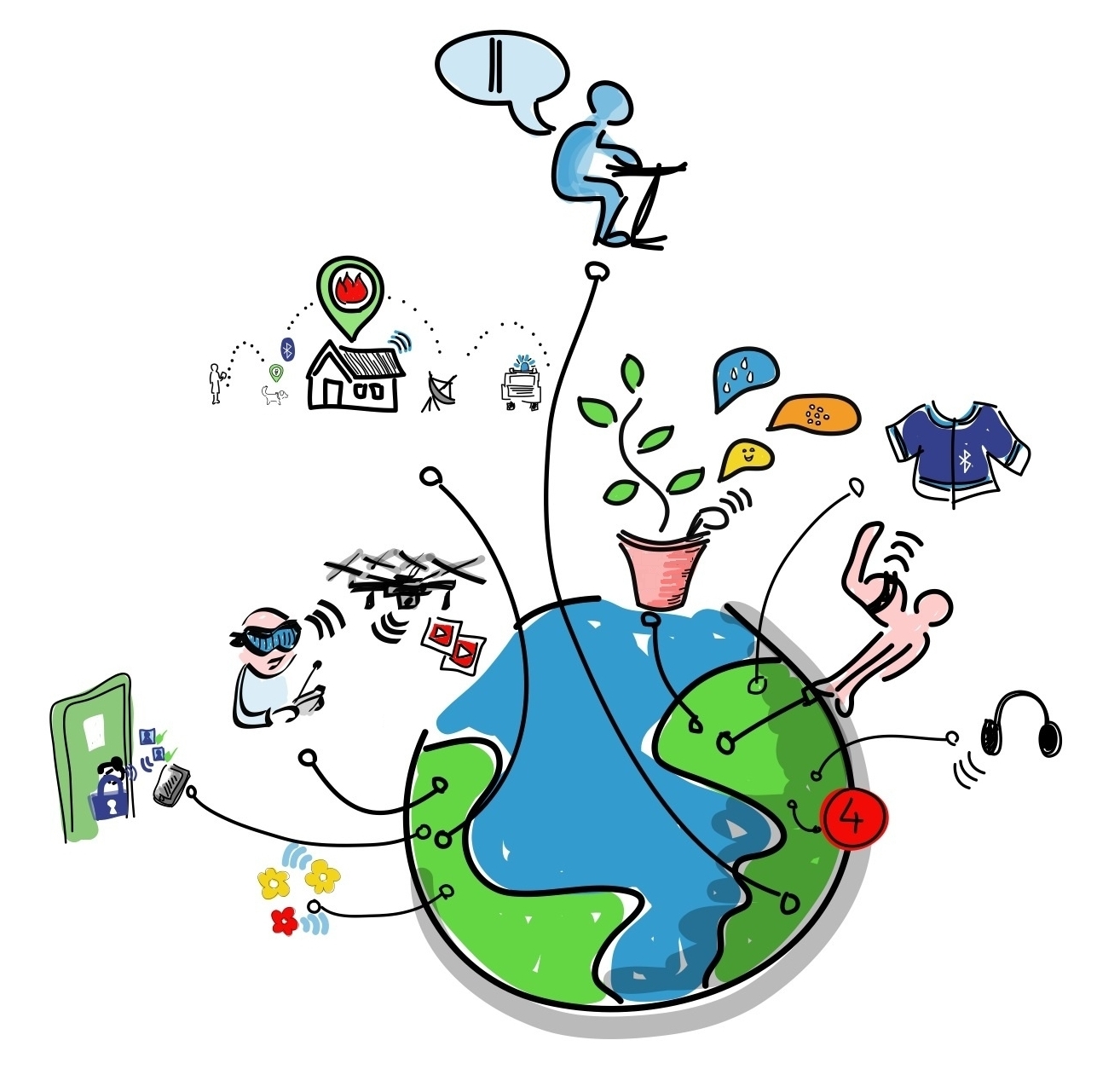As digital learning progresses in schools around the world, it is important that students possess the skills, understanding, and responsibility to work in an online environment. To me, the three most important aspects of digital citizenship are safety, integrity, and responsibility.
1. Safety - The Internet is a vast forum for all sorts of information: good and bad. Students must be aware of the lasting impression of everything they put on the Internet. It never goes away. A child's whole world can be tracked at the click of a button, so students must keep in mind that their personal information should never be shared on the World Wide Web. Safety of our children should be every educator's number one priority.
2. Integrity - Honesty plays a major role in the digital learning community. Everything on the Internet can be copied, edited, and shared. Being part of an online class requires integrity and honesty in all assignments and tasks. Students must understand that using other people's work without consent is cheating.
3. Responsibility - In order to be successful in online classes, students must be responsible. In the face-to-face setting, students have teachers reminding them over and over again to turn in work and are able to answer questions immediately. In the digital classroom, students must be organized and self-aware. If they do not know how to do an assignment, then they must advocate for themselves and be responsible enough to ask.




